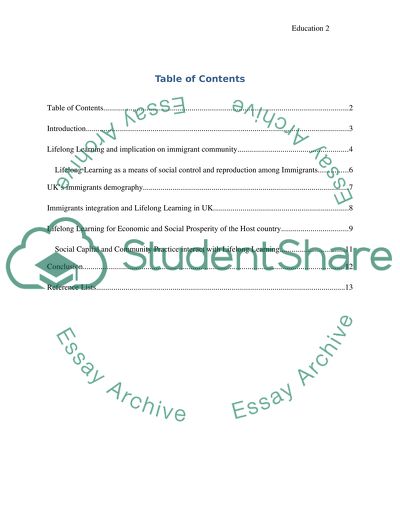Cite this document
(“Actors in Long Life Learning Essay Example | Topics and Well Written Essays - 2250 words”, n.d.)
Retrieved from https://studentshare.org/education/1396501-actors-in-long-life-learning
Retrieved from https://studentshare.org/education/1396501-actors-in-long-life-learning
(Actors in Long Life Learning Essay Example | Topics and Well Written Essays - 2250 Words)
https://studentshare.org/education/1396501-actors-in-long-life-learning.
https://studentshare.org/education/1396501-actors-in-long-life-learning.
“Actors in Long Life Learning Essay Example | Topics and Well Written Essays - 2250 Words”, n.d. https://studentshare.org/education/1396501-actors-in-long-life-learning.


